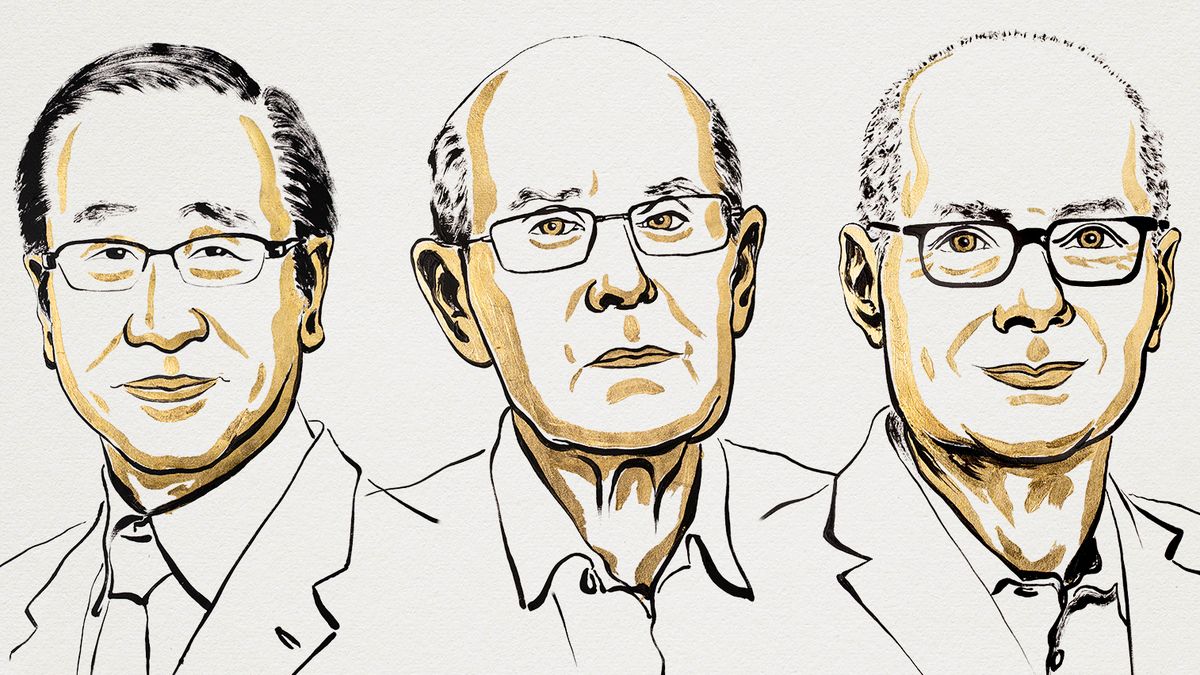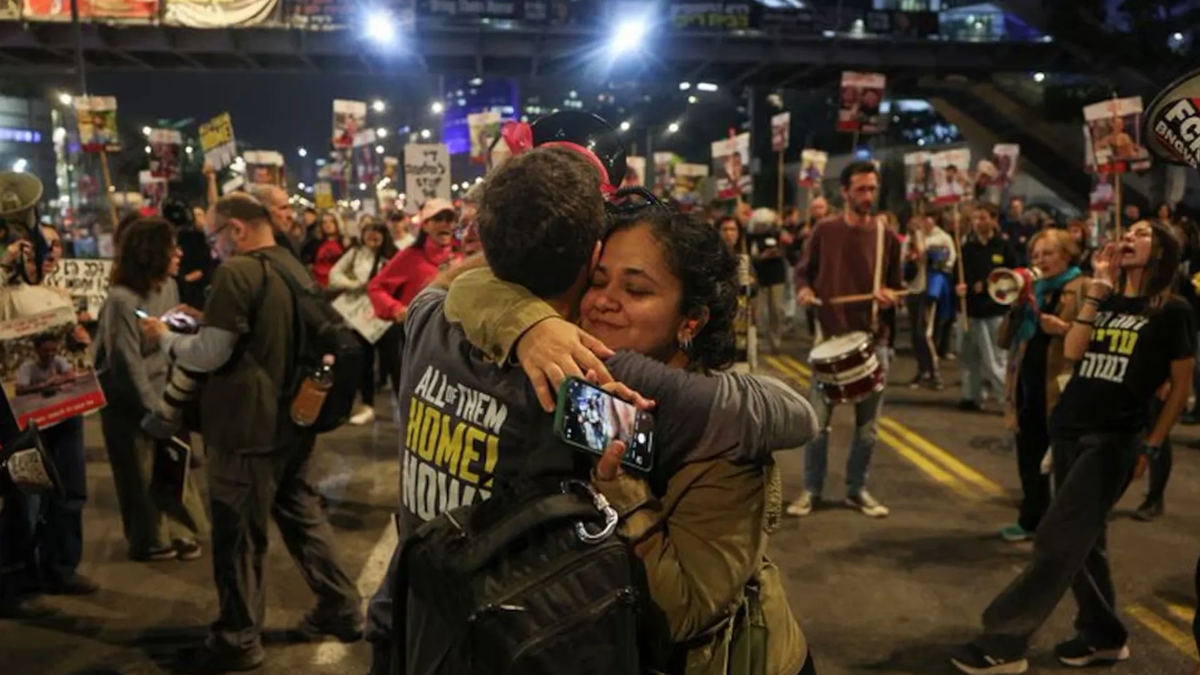When the temperatures rise towards 30 degrees and more, some people rejoice in the perfect bathing weather, while others feel listless and listless. Extreme heat is a real stress test for the body. “80 percent of the heat victims are older than 60 years,” says Peter Dovjak, head of acute geriatrics in the Salzkammergut Clinic in Gmunden and consultant for geriatric medicine in the Medical Association for Upper Austria.
The higher sensitivity in old age is caused both by the reduced sweat production and by the reduced body water content, explains the doctor. Cardiovascular diseases and the medications taken to treat them would make older people even more sensitive. The limited sense of thirst that is typical for this phase of life also increases the risk of heat-related diseases such as collapse, muscle cramps, heat edema, heat stroke or exhaustion.
“Especially in hot periods with tropical nights – temperatures above 18 degrees between 6 p.m. and 6 a.m. – older people are at risk,” says Dovjak. Between 200 and 500 deaths are associated with heat each year.
Heart and circulation: In the heat, blood vessels dilate to prevent body temperature from rising above 37 degrees. But dilated veins lower the blood pressure and allow the blood to rush into the legs. While a healthy body doesn’t have a problem with this, people with heart and circulatory diseases can have real problems as the heart increases its pumping capacity.
fluid balance: Salts are lost when you sweat. You should therefore drink more than usual, on hot days two to three liters distributed throughout the day. Lukewarm water, unsweetened tea, diluted fruit juices or cold soups are ideal. This helps to compensate for fluid and electrolyte loss.
Stomach and intestines: With every hot day, the risk of gastrointestinal infections increases by 4.7 percent. In addition to physical stress, increased bacterial growth also plays a role on hot days like the ones we are about to face.
Five tips against heat
- Proper ventilation: To keep the living room pleasantly cool, ventilate at night and in the early hours of the morning. As soon as it gets warmer outside than inside – the hottest hours are in the afternoon – close the windows. Shutters and venetian blinds keep out the heat radiation.
- Fan: Although this cannot lower the temperature, it does help to keep the air moving. Sweat on the skin evaporates faster and cools the body. Do not direct the flow of air directly onto your neck or head, otherwise there is a risk of catching a cold.
- Air conditioning: The perfect solution – but it shouldn’t be set too cold: a maximum of six degrees lower than the outside temperature and no colder than 22 degrees.
- evaporative cooling: When water evaporates, cold occurs. This effect can be used when a large, damp cloth is hung on a drying rack.
- Lukewarm drinks: Lukewarm or slightly chilled food quenches thirst better and does not put additional strain on the circulation.
Source: Nachrichten




